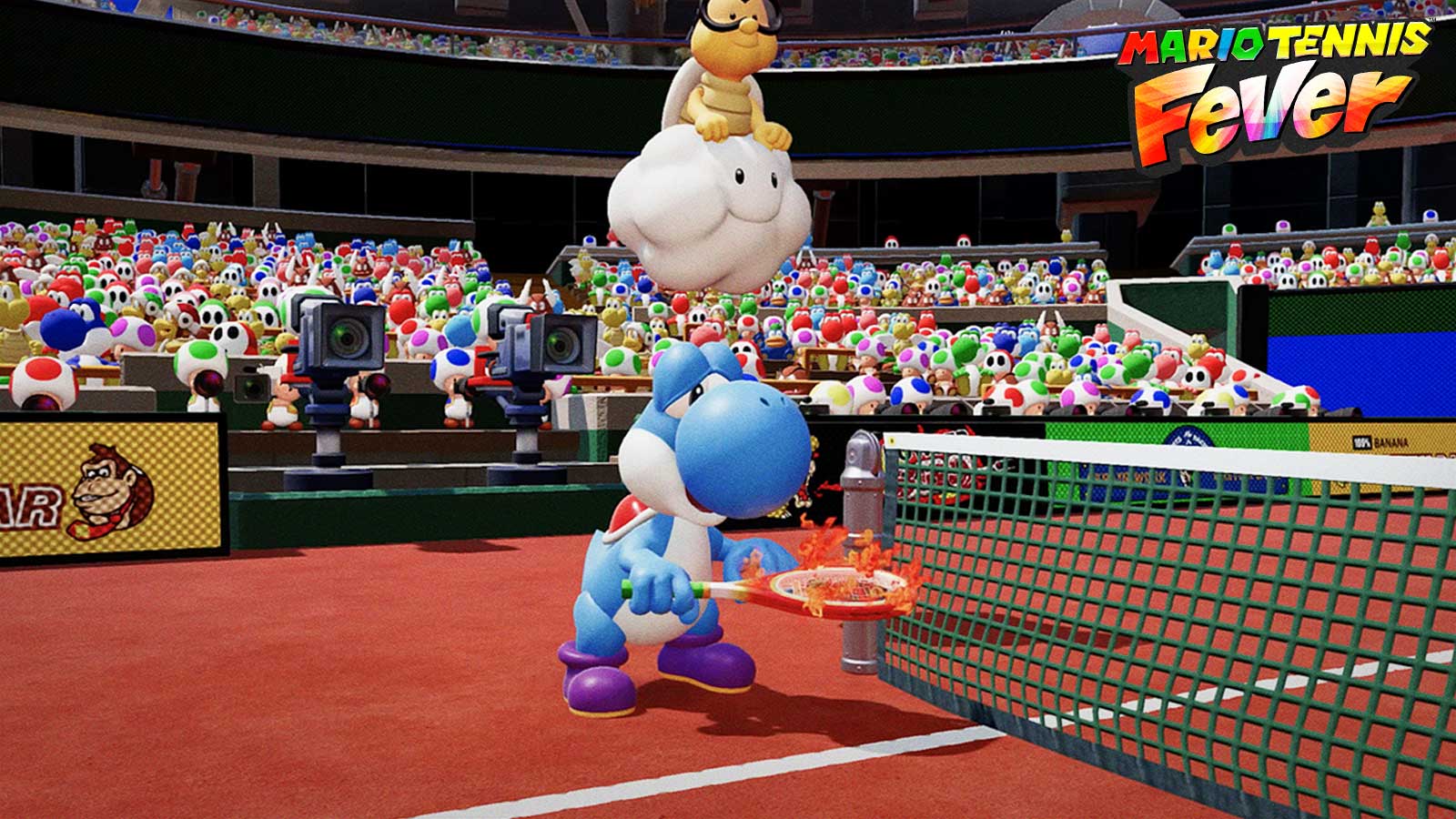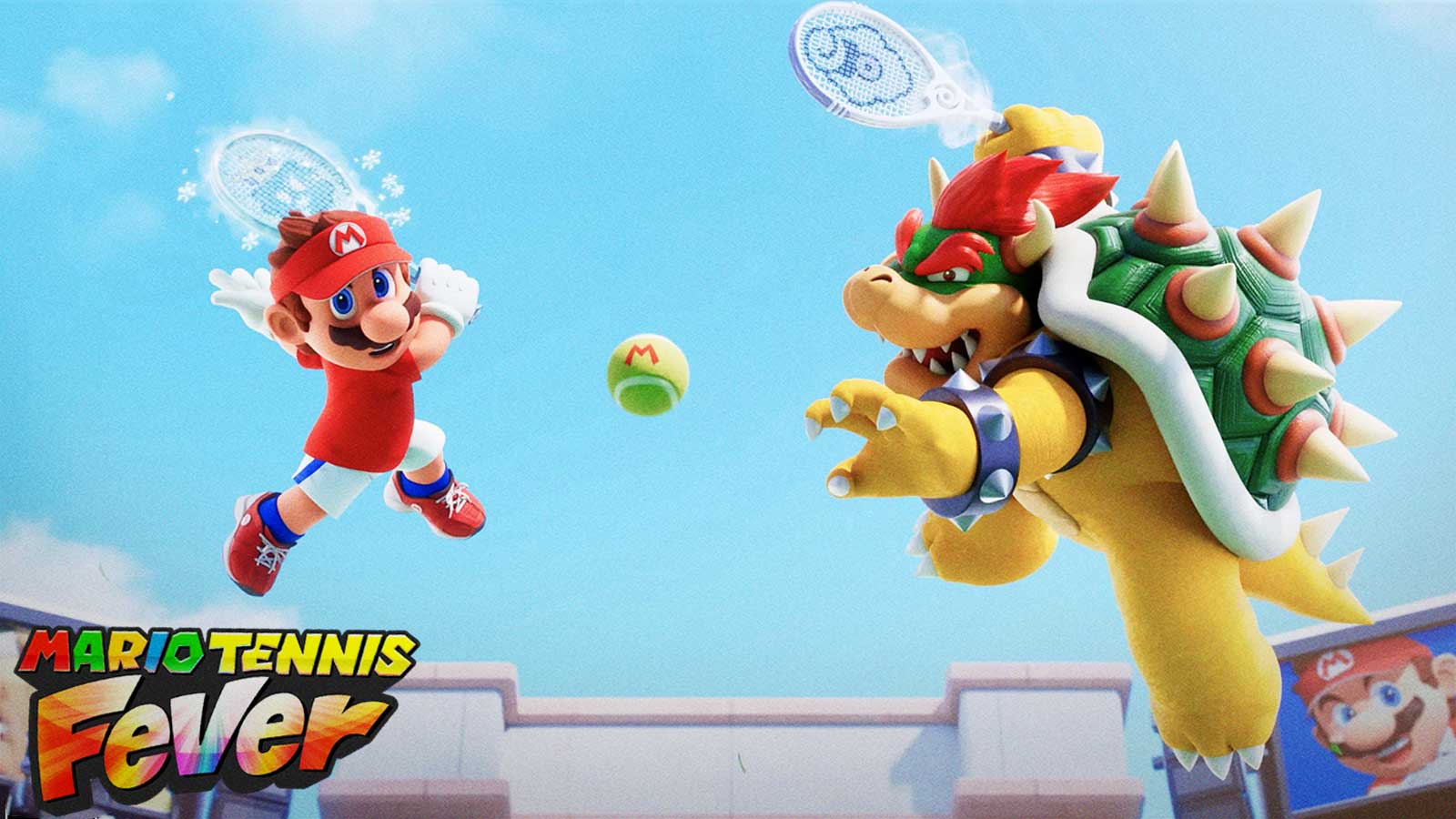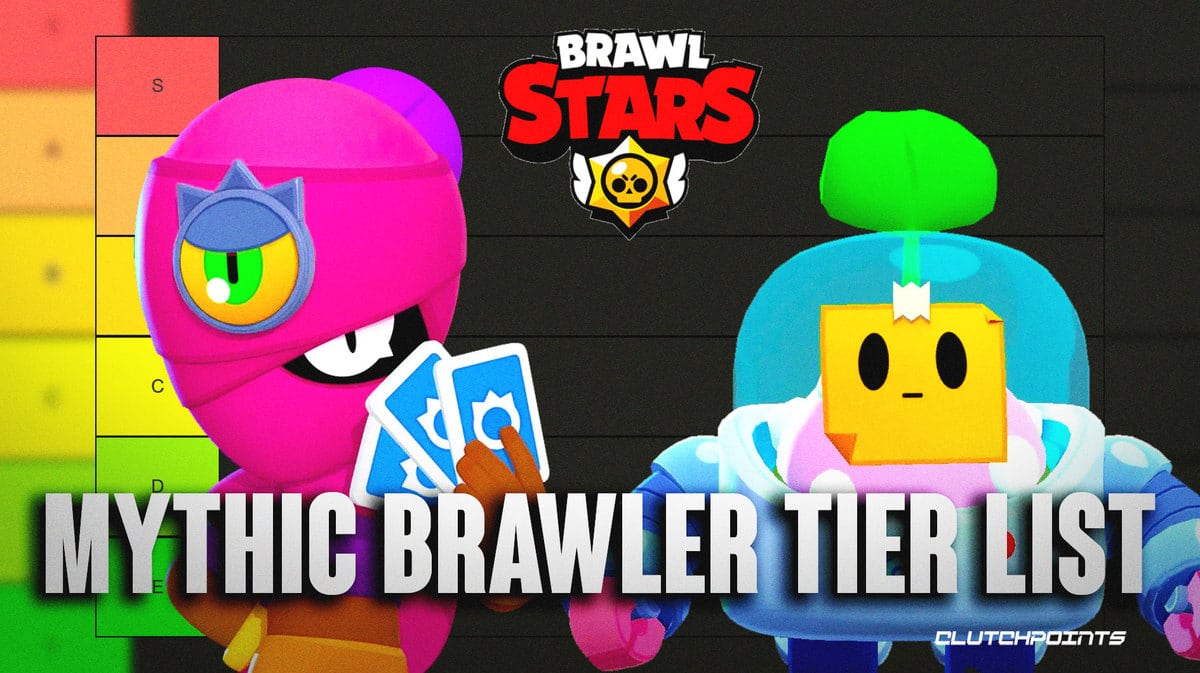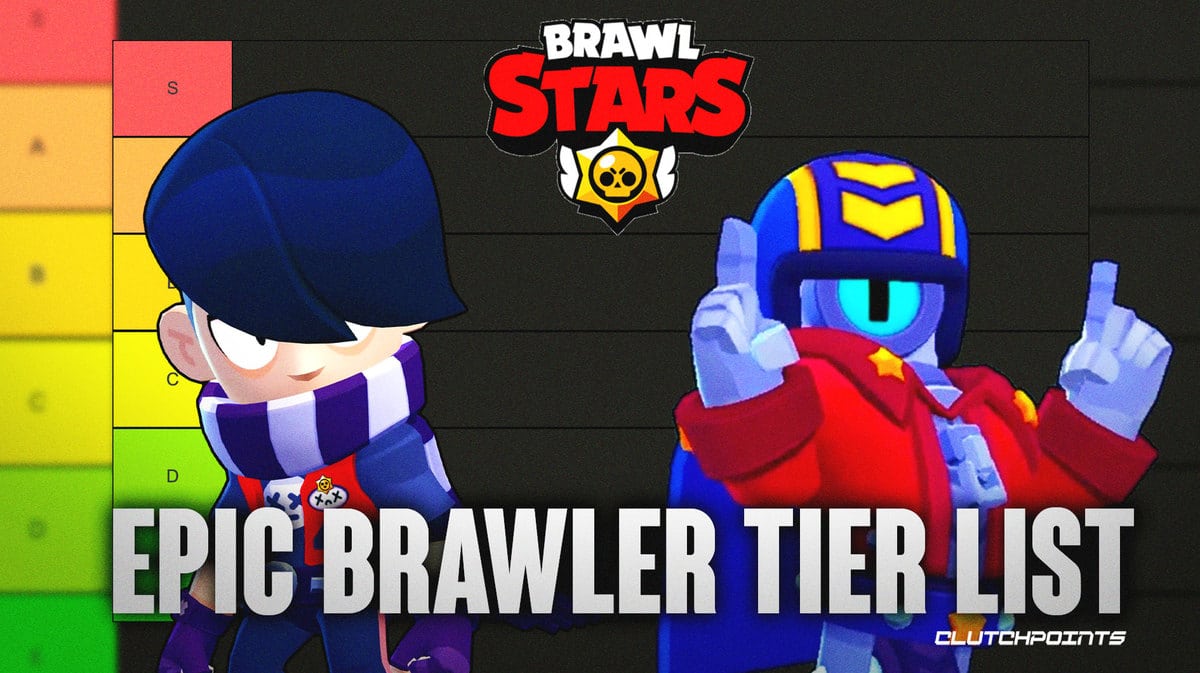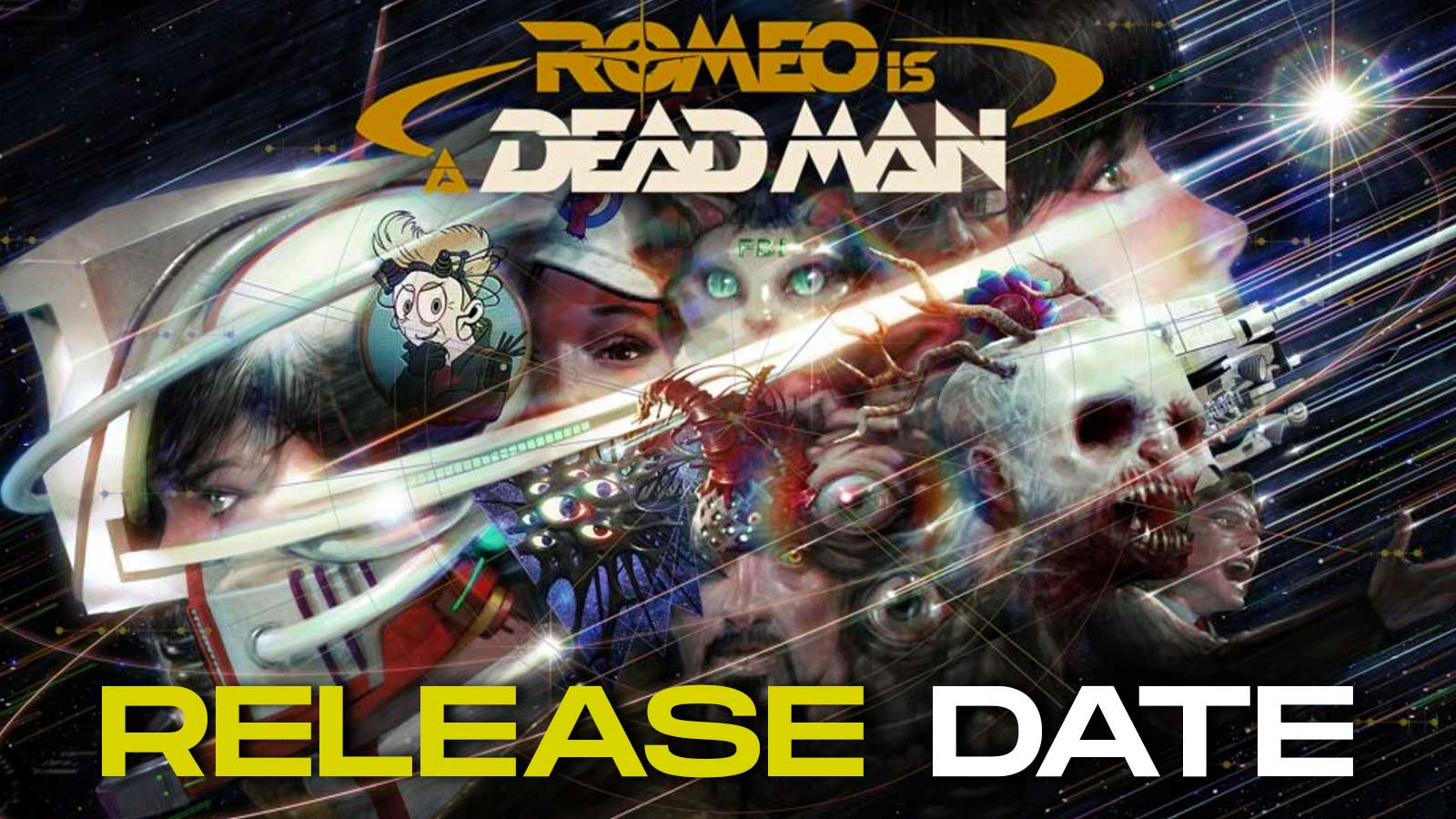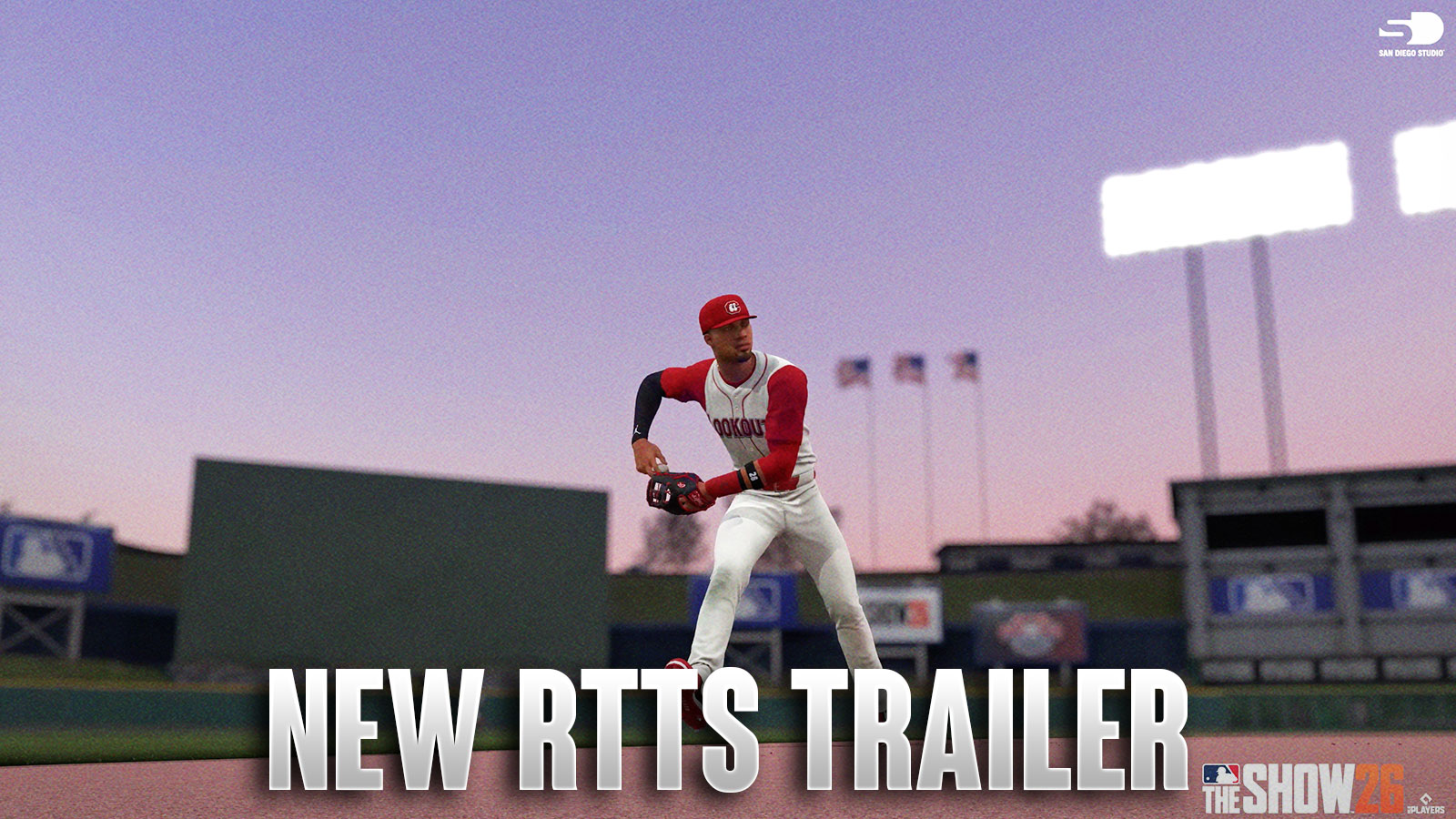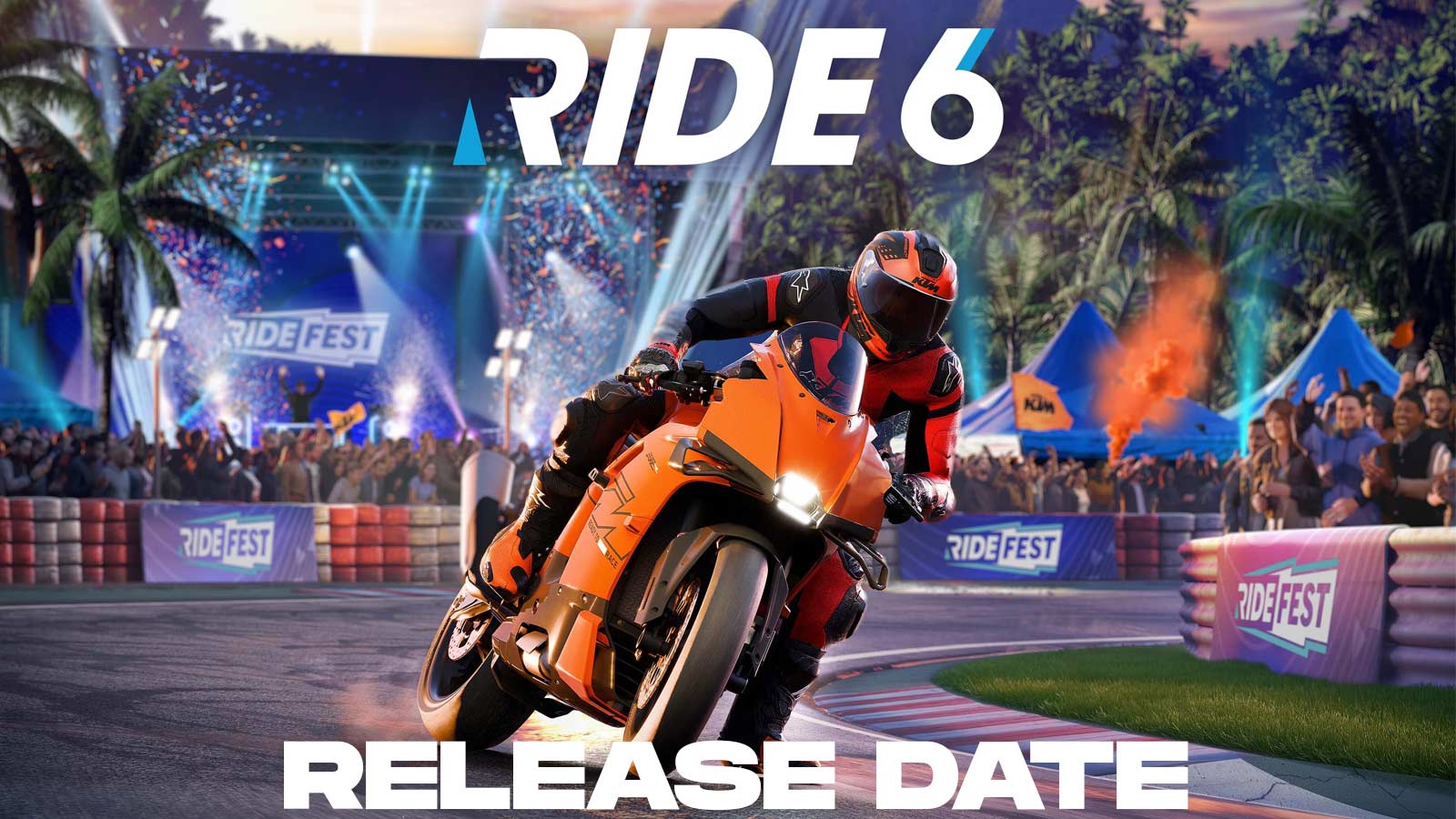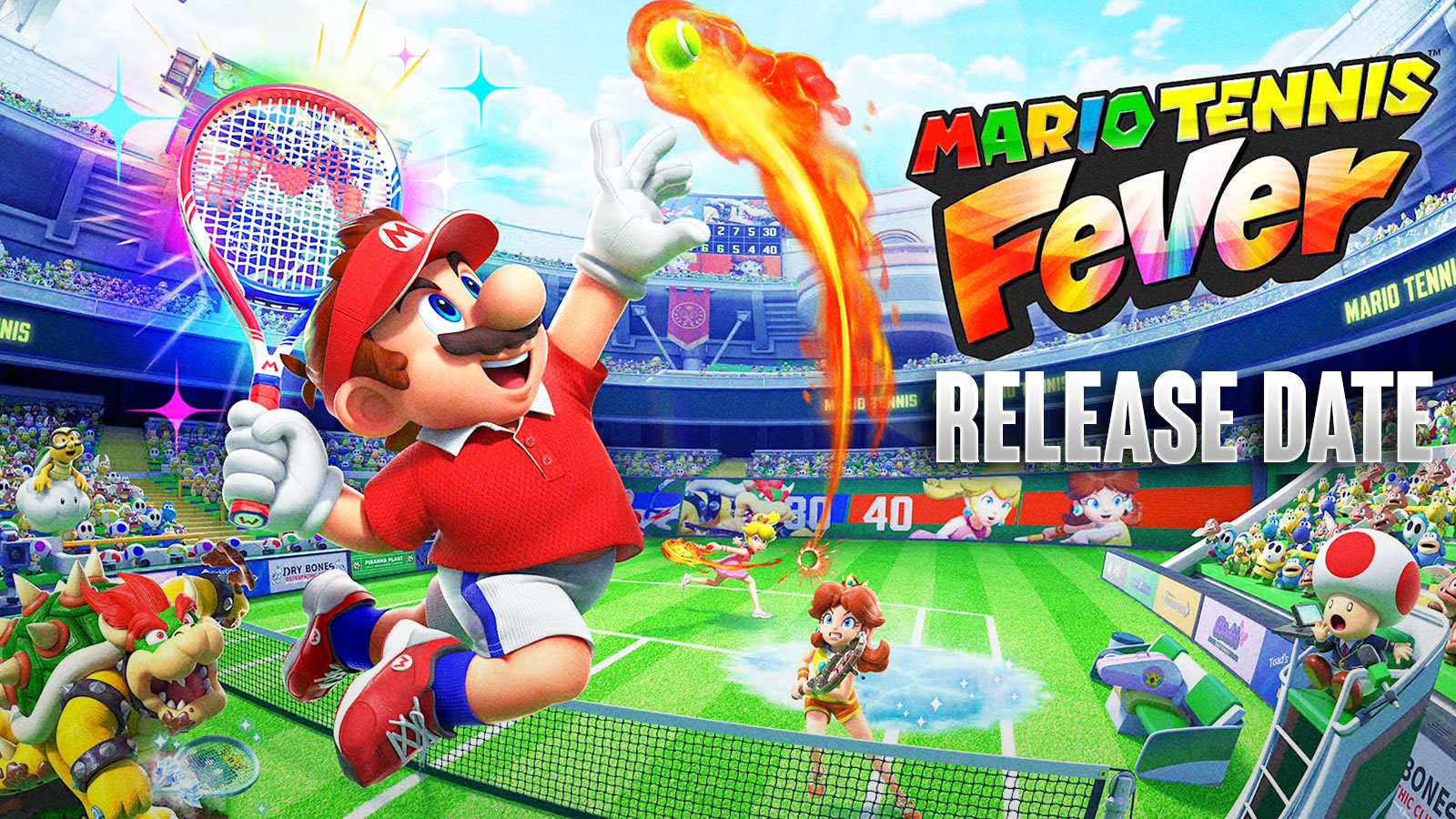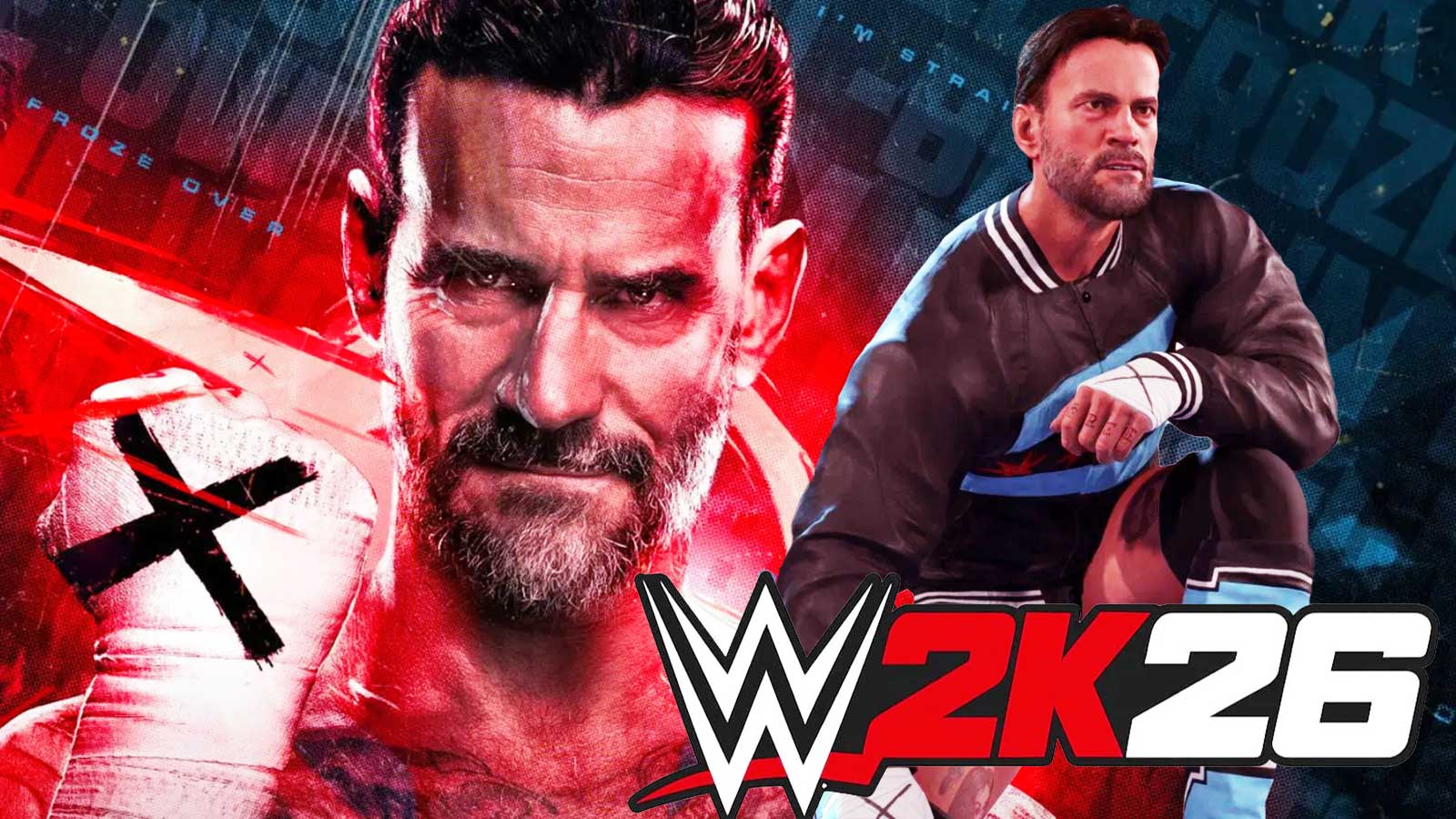Helping people survive in this grim future made me appreciate what I had right now. Here is our review of Floodland, its gameplay, and its story.
If, after reading this article, you find yourself interested in trying Floodland out, then you can get your own copy for PC. It's important to note, however, that this is a work-in-progress review. Once I have played more of the game, I will be updating this review to properly reflect my thoughts on it. For now, let's dive into the world of Floodland. Do note that this review will have some slight spoilers.
Floodland Review
Floodland Background
First off, what is Floodland? Floodland is a post-apocalyptic, survival colony simulator. You oversee a group of survivors as they try to survive in a flooded world. This flooding happened because of climate change, which kicked off a succession of events that eventually destroyed the world. You must help these people survive, and of course, thrive. After all, you're trying to rebuild society, not just try to live from day to day. Throughout your gameplay, you will encounter many situations, which will force you to make a choice. All of your choices have consequences, so you must think twice about everything you do. With that basic background done, let's discuss this Floodland's gameplay.
Floodland gameplay
I'm going to be completely honest with you. I am not the best when it comes to playing colony management games like this. For example, I tried playing Frostpunk before, and I ended up not doing well. I always have this tendency to hurry things along, since I sometimes feel like things are going slow. Thanks to this, I often dive straight into problems, such as food or water running out, fights breaking out, and the like. That's why when I tried Floodland out for the first time, I resolved to take it slow, and not rush into things I might regret.
When I started a new game, I had to choose from one of four clans: Good Neighbours, Oakhill Survivors, Fire Brigade, and Berkut-3. I won't go into much detail as to what each clan has, as that might take a while. I will say that I chose Oakhill Survivors as my starting clan. This is mainly because this clan consumes 50% less food, something that I believed would help me in my playthrough. After choosing my clan, as well as the game's difficulty, I entered the game.
I was greeted by a hauntingly beautiful landscape. It was what I expected from a flooded world. However, the way the game presents it just makes you realize that even when destroyed, there's still some beauty. Anyway, the game's prologue (which can be skipped) made me go through my first few tasks. I had to set up my camp, gather a steady supply of food and water, and find the scouts we sent ahead. Although the game's prologue can be skipped, I highly advise that you go through it even if you've played the game before. The prologue allows you to have a better foundation for your base, as a lot of your initial base-building and resource management happens in the prologue.
Moving on, Floodland's gameplay itself is very simple. At first, all you have to do is make your people explore and bring back the materials they could scavenge by hand. Once you have gathered enough materials, you move on to making specialized structures that gather materials of a specific type. For example, to gather scrap, the game's very basic construction material, from the huge trash mounds, players must make sorting huts. To gather berries for food, players must build foraging huts. This allows players to gather more of the materials that they will need. This gradual progression helps ease new players into Floodland's main gameplay loop.
One interesting feature that this game has is its “renewable” system. The scrap piles and berry bushes that players can gather from eventually become depleted. When that happens, you can no longer gather from them. However, these resources are usually tagged as “renewable”. What this means is that if you stop gathering from them for a while, they grow back. Once they do, you can gather from them again. However, as the game liked to remind me, renewable does not mean infinite. Eventually, I had to look for food from a variety of locations. I made my clan members start fishing to get what the game called unsafe food, and had to be cooked to become edible. Down the line, I started a farm, which made crops that could be turned into food.
Of course, this advanced infrastructure is not something you unlock easily from the beginning. Even after the apocalypse, education is important. The game made me build buildings where people could analyze Old World Relics, which gave me research points. I then invested these research points in the game's Tech-tree, which helped improve the quality of life. The Tech-tree in this game has two parts, which I will call the General and the Specific.
The General part of the tree pertains to what materials you can use in your construction. You start off with Scrap, then move on to Rocks, then Planks, and so on and so forth. As of the writing of this article, I am currently in the Scrap Metal part of the General Tree. The Specific part, on the other hand, goes more in-depth. It has four parts: Exploration, Well-being, Growth, and Survival. It's important to distribute your research points well, as all four parts are important in making sure your clan grows well and thrives. I won't be going too in-depth into what each part has. Just know that all of them are important.
Floodland Story
Floodland's story is not really a linear story like you would expect from other games. As it is a colony simulator type of game, the game's story solely relies on your decisions. For example, down the line in my playthrough, I met the Good Neighbours, who I decided to invite into my group of survivors. The Good Neighbours have a different set of beliefs compared to the Oakhill Survivors. This is where the Law-tree comes in, which allows you to implement laws for your group. Each of these laws has different implications, and different groups prefer different types of laws. For example, some clans prefer traditional laws, while others want stricter ones. Having to balance this is not just a gameplay mechanic, but also a story one in Floodland.
See, the laws you decide to implement also change how the clans act towards you and each other. Some laws may cause fighting, while others might encourage cooperation. This shapes your group's story, changing the game's story. Although the game does have a sort of goal and narrative, at the end of the day, Floodland's story is in your hands. And that's what makes it so interesting to me. The amount of power I have, and the ways I can change Floodland's story are so numerous, that I think I will be playing it a lot just to experience everything.
Not to mention that this game has a really good soundtrack. The music helps so much in building the game's atmosphere, that I just got so sucked in, and found myself playing more and more. In fact, one of my favorite moments from the game was when I entered Chapter 1 of the game, and the music changed to this beautiful song with touching lyrics. I highly advise you to play the game just to experience that. Of course, it'd be even better if you kept playing.
Floodland points of improvement
I have two points of improvement that are connected to each other and were the biggest things that kept bugging me. The first is that some parts of the game did not feel properly explained. An example would be in the Tech-tree. There was a time when I had to really read everything that the tech tree had to offer, and even then it still confused me. There were parts in the game where I thought I had soft-locked my progress. It wasn't until I really read the fine print of the Tech-tree that I was able to go past what I thought was a soft lock. This brings me to my second qualm.
The rate at which research points generate in the game is so slow in the early game. Once you run out of Old World Relics, you have to do some self-studying, which generates research points at a slow pace. This was one of the things, actually, that I thought soft-locked me, as I thought Old World Relics were the only way to get research points. The problem is that when I say slow, I do mean it was slow. To generate enough research points to unlock everything I needed in the early game, I made three of the study centers. I then maximized the people in them, put my game on fast-forward, then went to eat lunch. When I came back, I had just a little under the amount I needed.
Maybe I'm playing it wrong, but I had various moments like that where I had to just watch and wait for my research points to climb up. This led to some very dull moments, which hopefully could be remedied somehow.
Floodland review summary
To summarize, Floodland's gameplay and story mesh really well. It tells a compelling story and paints a very meaningful world using it. The gameplay may take some getting used to, but also somewhat mimics the difficulty of starting from scratch. If the points of improvement I mentioned above are addressed, it would make it even more fun to play the game. Of course, these are just my thoughts on it. It might be different for others.
Score: Pending/10
Editor's Note: ClutchPoints received a PC review copy of Floodland to allow us to cover the game. This copy did not, in any way, affect this Floodland Review's verdict.









